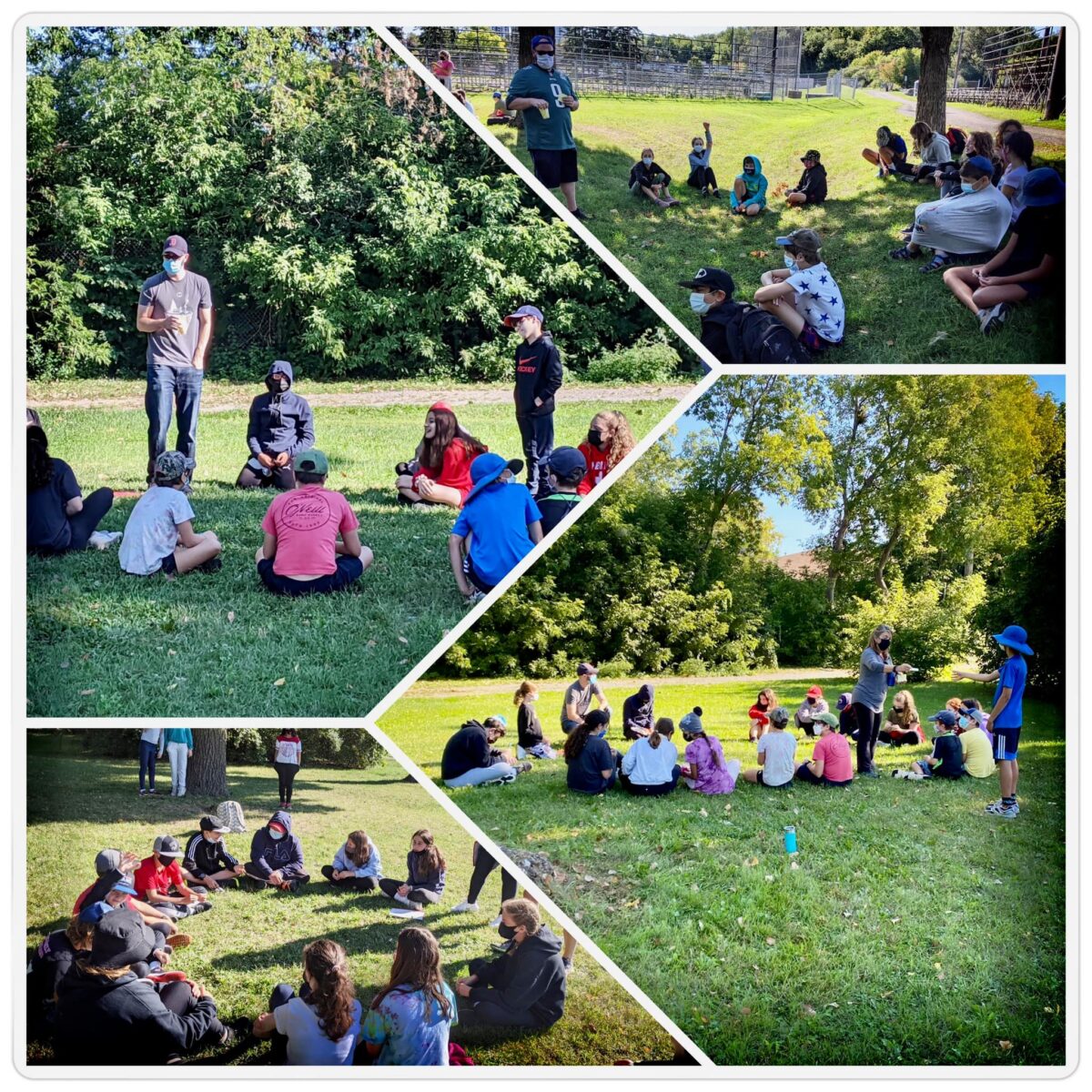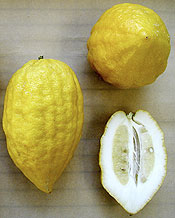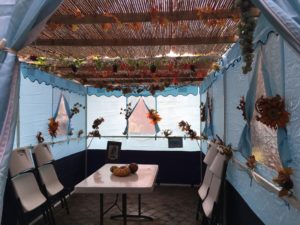If you have ever moved from one place or organization to another, you know that the last thing people want to hear is, “In my last…”. There is a reasonable shelf-life for looking back to prior experiences in service of carrying forward ideas and programs that work, but here at OJCS, as I sit halfway through my fifth year, we ought to be past the, “In my last school…”. And if not for COVID, I’d like to think we would. But there is one big idea that I have been so excited to bring to OJCS that has been on pause since we teased its arrival back in the halcyon days of almost exactly two years ago in February 2020. But the time for waiting is no more, COVID notwithstanding, and I am beyond pleased and excited to share the next stage of reinventing and reimagining Middle School (Grades 6-8) at the Ottawa Jewish Community School.
Beginning with a soft launch this March, we are pleased to introduce a new Middle School Social Justice Project – The OJCS Mitzvah Project – that is predicated on the Jewish value of tikkun olam, the idea that each of us are here to do our part to make our world a better place. We will begin the work of integrating the formal Jewish Studies curriculum that our Middle School experiences on Mondays through Thursdays, with social justice experiences on Fridays, each and every week. Aligned with our school’s core values [North Stars alert!] of “We own our own learning,” and “We are each responsible one to the other,” we will create a committee of students, teachers, parents, and community leaders to develop this project, which integrates key Jewish values, deep textual learning and practical hands-on projects.
For example, during a week (or unit), students in Grade 6 would study on Monday-Thursday texts that describe the ethical treatment of animals, and then on Friday go out into the community and volunteer in animal shelters. Students in Grade 7 would study texts that help us understand our responsibility to feed the hungry, and then on Friday go out into the community and either feed the hungry, or volunteer in both kosher and community food banks.
This transition will require a “revolution” in our school that includes our schedule, our curriculum, our community partnerships and parent engagement. It will require us to redo our middle school schedule so that all of our Jewish Studies classes would flip on Friday to the afternoon, so they can end their day with our weekly “Mitzvah Trip”. It will require a brand-new curriculum (subjects, values, key ideas, Jewish sources, etc.) that is organized around the “Mitzvah Trip” experiences. It will stretch our existing community partnerships and require us to invest time and energy in creating new ones, seeking a balance between Jewish and secular causes and organizations. Logistics alone will require parent participation to help shepherd our students each Friday to the location of that week’s “Mitzvah Trip”. However, the opportunity to transform parent participation into parent engagement is a huge value-add of their volunteerism.
We want to provide our students with Jewish experiences that inspire them to learn more Torah, and we want to help our students make personal connections between the Torah they learn in school, and the larger world around them. We want our students (and families) to recognize that part of being Jewish is to make the world a better place, that doing so requires both learning and doing. Locating this work in our Middle School allows for practical connectivity to the b’nei mitzvah process. Providing these opportunities in a Jewish middle school where many parents are not looking towards Jewish high school, is critical to inspiring students and families to see and feel value to their Jewish learning beyond the walls of the school.
As a parent who had one child experience this program before and another one barely still eligible to experience it now, I can tell you firsthand how impactful it is and can be. As a principal who watched families eagerly anticipate middle school so they can start going on “mitzvah trips” and watched alumni eagerly anticipate opportunities to come back and volunteer on “mitzvah trips,” I know this creates a wonderful opportunity for our school to retain and attract students through Grade 8.
Wouldn’t you want your child to have an opportunity to make the world a better place each and every week?



 else like it on the Jewish Calendar – sitting outside in a sukkah you built yourself (which is pretty much the one and only thing I actually can and do build), with handmade decorations from your children, enjoying good food with friends and family in the night air, the citrusy smell of etrog lingering and mixing with verdant lulav – this is experiential Judaism at its finest.
else like it on the Jewish Calendar – sitting outside in a sukkah you built yourself (which is pretty much the one and only thing I actually can and do build), with handmade decorations from your children, enjoying good food with friends and family in the night air, the citrusy smell of etrog lingering and mixing with verdant lulav – this is experiential Judaism at its finest.